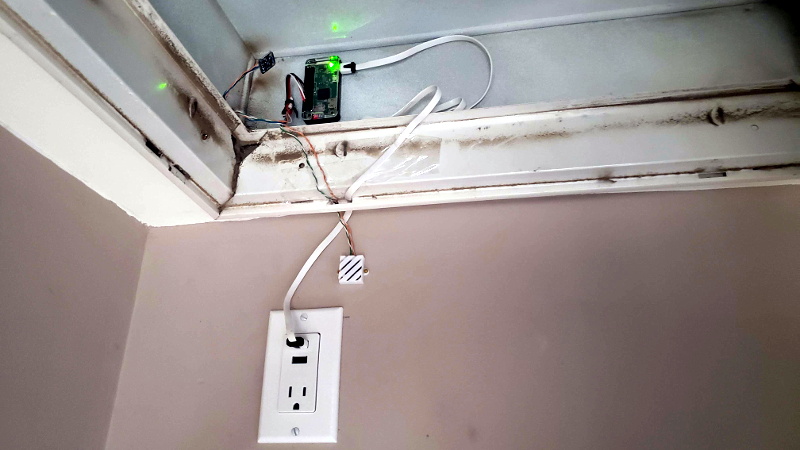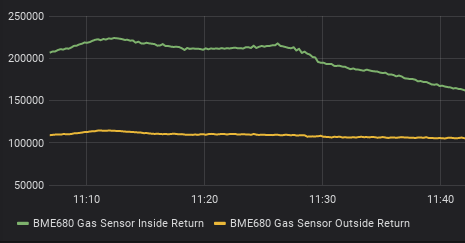EXPLORING THE SCIENCE BEHIND DIRTY AIR FILTERS
Source: hackaday.com

Obviously, if the air filters in your home HVAC system are dirty, you should change them. But exactly how dirty is dirty? [Tim Rightnour] had heard it said that if you didn’t change your filter every month or so, it could have a detrimental effect on the system’s energy consumption. Thinking that sounded suspiciously like a rumor Big Filter™ would spread to bump up their sales, he decided to collect his own data and see if there was any truth to it.
There’s a number of ways you could tackle a project like this, but [Tim] wanted to keep it relatively simple. A pressure sensor on either side of the filter should tell him how much it’s restricting the airflow, and recording the wattage of the ventilation fan would give him an idea on roughly how hard the system was working.
Now Tim could have got this all set up and ran it for a couple months to see the values gradually change…but who’s got time for all that? Instead, he recorded data while he switched between a clean filter, a mildly dirty one, and one that should have been taken out back and shot. Each one got 10 minutes in the system to make its impression on the sensors, including a run with no filter at all to serve as a baseline.
The findings were somewhat surprising. While there was a sizable drop in airflow when the dirty filter was installed, [Tim] found the difference between the clean filter and mildly soiled filter was almost negligible. This would seem to indicate that there’s little value in preemptively changing your filter. Counter-intuitively, he also found that the energy consumption of the ventilation fan actually dropped by nearly 50 watts when the dirty filter was installed. So much for a clean filter keeping your energy bill lower.
With today’s cheap sensors and virtually infinite storage space to hold the data from them, we’re seeing hackers find all kinds of interesting trends in everyday life. While we don’t think your air filters are spying on you, we can’t say the same for those fancy new water meters.


No Comments